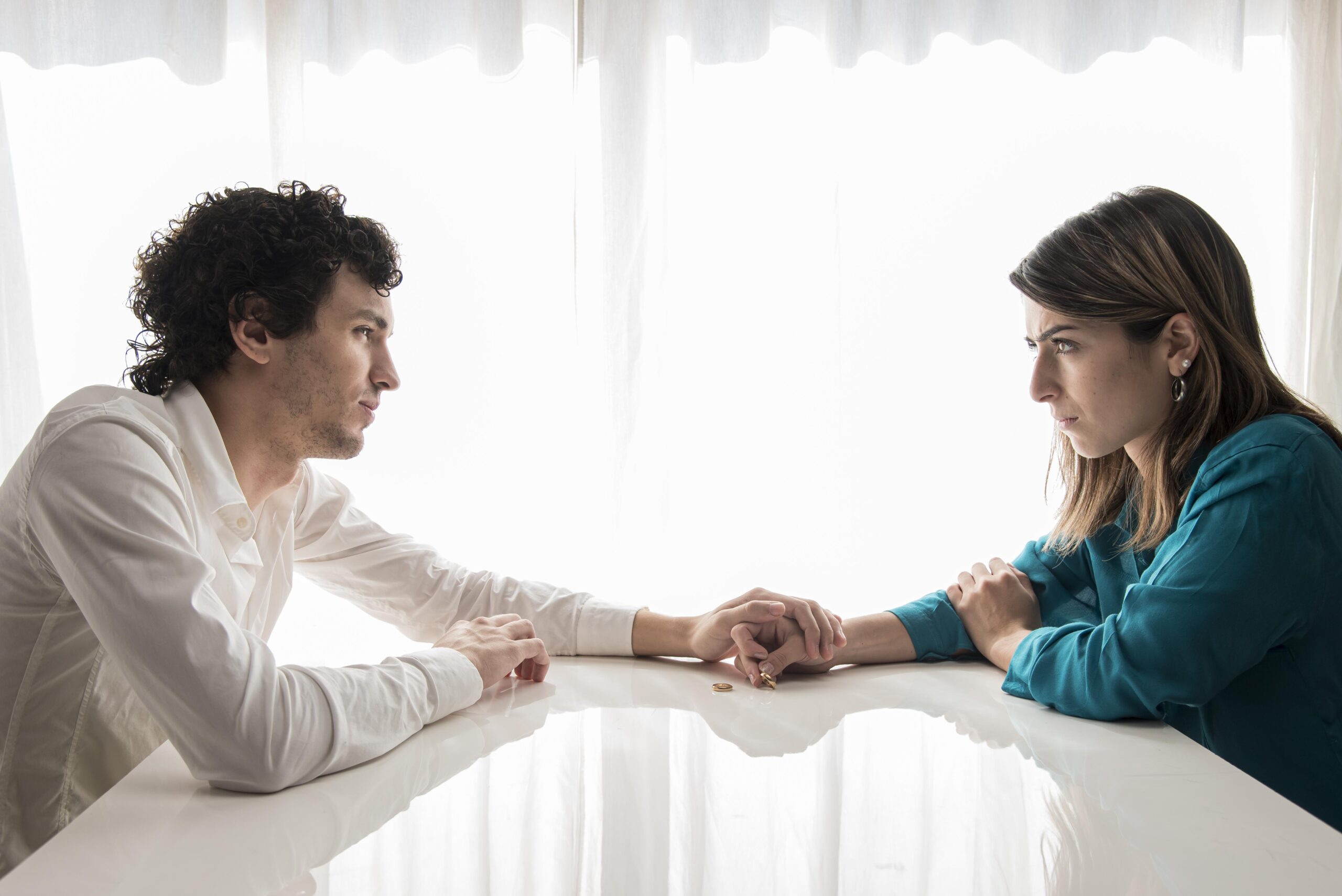Relationship problems: Why are partnerships so hard?
Relationships are gorgeous, but come on—they’re also really difficult. At first, everything feels effortless—the late-night talks, the butterflies, the way you just get each other. But then real life steps in. Regardless of the amount of love, difficulties arise and relationship problems occur. Why is that? Why do relationships that begin with such excitement and delight turn into things that are hard to deal with?
To get to the bottom of it, I recently interviewed a couple who were forthcoming about their problems (though, for confidentiality, I cannot disclose their names). Their experience, combined with some psychology, illuminates why relationships are difficult and how couples can work through their relationship problems.
1. The Myth of “Happily Ever After”
We grow up on fairy tales—fairy-tale love, meeting “the one,” and living happily ever after. Real relationships aren’t Hollywood scripts. They take daily work, compromise, and personal development. The couple I interviewed conceded that the greatest challenge was realizing that love would not do it all. “We assumed that love would take care of everything, but we needed to put in work with communication and knowing each other’s needs,” they said, understanding the reality of relationship problems.
2. Communication Breakdowns
Lack of proper communication is among the most common relationship problems. Misunderstandings, silent expectations, and repressed emotions cause tension. The couple I interviewed explained how tiny fights would blow into massive battles because they weren’t actually listening to each other.
Psychologists recommend that active listening—listening to comprehend rather than respond—has the power to change communication between couples. Small changes, such as employing “I” statements (“I feel hurt when…” instead of “You never listen!”), can avoid letting arguments get out of hand and may help alleviate relationship problems.
3. The Struggle Between Independence and Unification
Each individual brings his or her own identity, aspirations, and habits into a relationship. Keeping this individuality in check as an accommodating partner is difficult. “At one time, I was losing myself,” the female of the couple reported. “I wanted to be a good partner, but I also had my own objectives to pursue. This was one of our relationship problems.”
This conflict is normal—blending independence with togetherness is always a process. Healthy relationships can help both couples grow as separate individuals and the relationship between them, navigating through their relationship problems.
4. The Contribution of Past Experience
What has happened to us in the past influences how we present ourselves in relationships. Past relationships, childhood experiences, and unresolved traumas can form insecurities and habits that influence the way we communicate with our partner, leading to relationship problems. The couple I interviewed understood that he had the tendency to shut down when there was an argument because he had grown up in a household where arguments were sidestepped. Understanding these patterns allowed him and his partner to navigate their problems more mindfully.
5. External Stress and Pressures
Life itself puts added stress on relationships—careers, money, family pressures, and even Facebook. The one couple I interviewed acknowledged that stressors outside their relationship made the relationship more challenging. “We’d snap at each other at the end of a bad workday, even if it didn’t have anything to do with us,” they said, realizing these external factors contributed to their relationship problems.
One method of dealing with this is to establish a “safe zone” in the home—a place where partners can relax, communicate freely, and nurture one another without criticism, helping to alleviate relationship problems.
6. Phobia of Vulnerability
It takes being in a relationship to let someone get to know the real you—flaws, fears, and everything. Vulnerability is not easy, though. Rejection or judgment is something many people fear, so they construct emotional walls. “I did not want to appear weak, so I had trouble saying my feelings,” the man admitted, which was one of his relationship problems.
But emotional closeness increases when both of you feel comfortable being yourself. When you are open, it makes your partner want to be open too, and that makes you closer, helping to overcome relationship problems.
Though relationships are difficult, they’re not impossible. The couple I spoke to navigated their issues by:
✅ Keeping communication honest
✅ Staying connected yet giving each other space
✅ Learning from how their history shaped their reality and influenced their relationship problems
✅ Learning to navigate stress as a team
✅ Being vulnerable and emotionally intimate
The take-home? Relationships take effort, patience, and ongoing growth. Love isn’t a feeling—love is a choice, an action, to work through hard times together, including relationship problems.
If you’ve ever felt that relationships are hard, you’re not alone. But with awareness and effort, relationship problems can also be deeply fulfilling.


